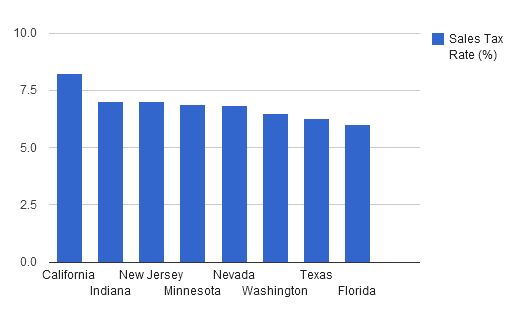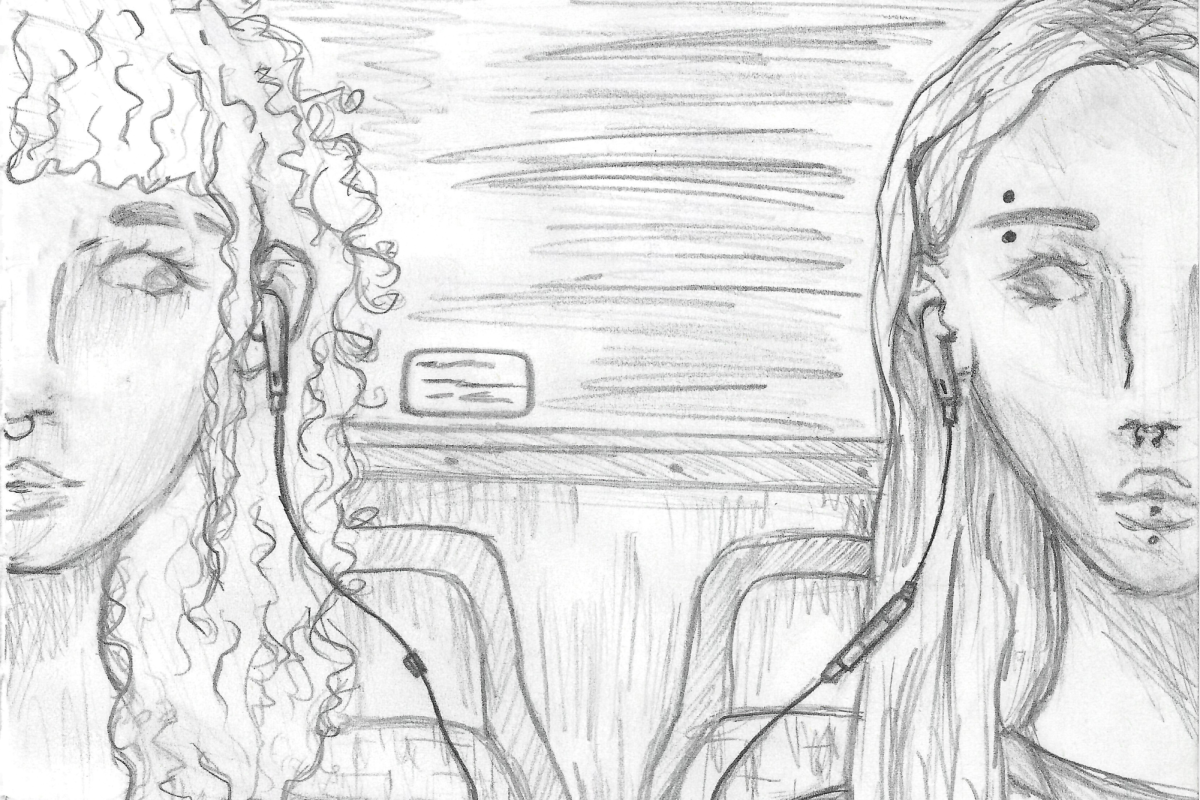This story was published in the Winter 2011 Southerner newsmagazine.
Nobody likes paying taxes. But the fact is, Minnesota is facing a $6.2 billion budget deficit in the next two years, and nobody likes being in debt either. The best way to ditch the deficit is by raising taxes.
Here’s a little economics lesson for you: you need money to pay off debt. Without that money, you can’t pay off debt. If Minnesota was a person, he or she might apply for a job. Unfortunately, states can’t apply for jobs. The only way for states to increase revenue is to raise taxes, or to cut programs that are necessary for the well-being of the state. Think about it: drastic cuts in education and health services or slightly higher taxes?
On January 28th, Repbulicans in the Minnesota house moved to pass a one billion dollar budget cut that will lower the amount of money cities and counties recieve, as well as University and community college health programs. This will negatively effect many South students’ futures. Republicans often advocate for lower taxes, but at what cost?
While Minnesota does have a relatively high general tax rate of 6.875%, that is by no means the highest general tax rate in the country. For example, California has a rate of 8.25%, and New Jersey has a rate of 7%, among others. Minnesotans must also remember and appreciate that, unlike several states, including Connecticut and Vermont, Minnesota doesn’t have a sales tax on clothing. Unfortunately, that lack of taxes results in smaller revenue for the state, which leads to more debt. Adding just a small tax on clothing would result in larger financial revenue for the state, which would in turn lessen Minnesota’s deficit.
Let’s be clear. I’m not saying that everybody in the United States should have taxes that they can’t afford in tough economic times. The point I’m making is that a slight increase in taxes would result in a smaller (if not eliminated) budget deficit in many cases, and would avoid cuts in critical state-funded programs that improve the quality of life in Minnesota and other states in similar situations to that of Minnesota.
Some politicians maintain that across-the-board tax cuts will result in an increase in growth domestic product (GDP), which will result in equal or higher revenue than that created by a tax increase. The flaw with this theory is that if people have more money due to tax cuts, nobody says that they’ll spend that money in the United States economy. Maybe they’ll save that money, which wouldn’t affect the GDP, and wouldn’t solve any budget issues.
The word “taxes” tends to be used in a negative way in politics. Taxes are seen as paying the government, and, in a way, trying to make up for some of the governments past fiscal errors. Instead, taxes should be seen as a way to sustain the well-being of one’s neighbors and fellow Americans. According to Evan Mckinney, a contributor at eHow.com, tax revenue is “primarily used to finance programs that help defend, educate, financially support, care for transport and/or perform other similar functions for individuals living within the United States.” So, instead of paying the government, consider taxes to be an opportunity to indirectly help your friends and neighbors.
Of course, as high school students, we don’t need to pay income taxes, but they are not far off. The way I see it now, an increase in taxes is the only way to reduce the deficit efficiently. One way or another, we are going to have to pay.







